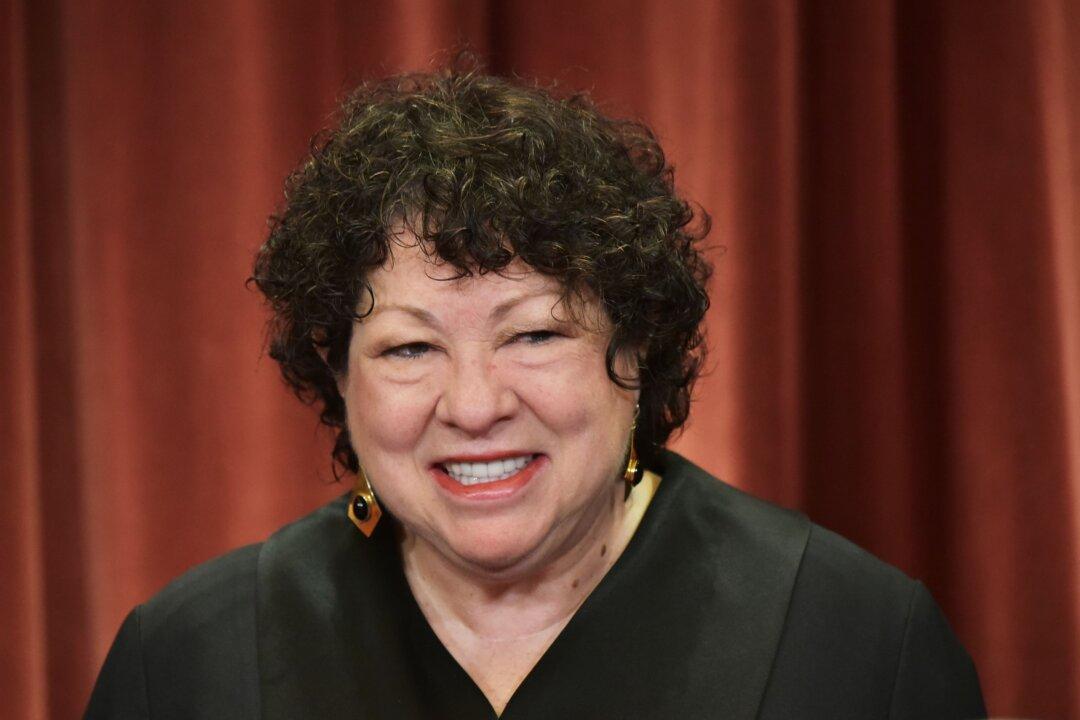The Supreme Court ruled unanimously on May 16 that if a federal court determines that a lawsuit involves an arbitrable dispute and a litigant requests a stay of the proceeding pending arbitration, a federal arbitration law requires the court to grant the stay.
Companies often prefer arbitration to the courts, saying the process resolves cases with greater speed and reduced expense. Some consumer advocates prefer the courts because, in their view, the judicial system provides private citizens and consumers with more options and is less likely to side with the companies being sued.





